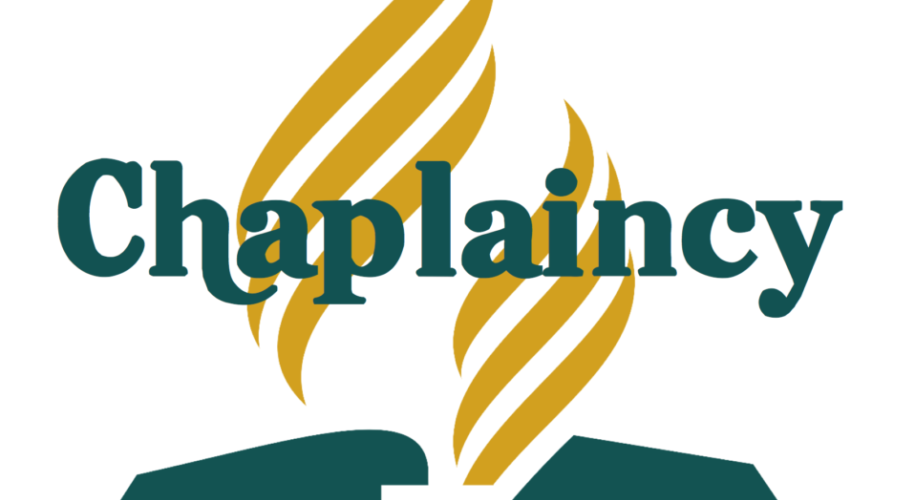The word chaplain comes from the early history of the Christian church.
Traditionally, a story relates the compassion of a fourth century holy man named Martin who shared his cloak with a beggar. Upon the death of Bishop Martin, his cloak (capella in Latin) was enshrined as a reminder of the sacred act of compassion. The guardian of the capella became known as the chapelain, which transliterated into English became chaplain.
According The Dictionary of Pastoral Care and Counseling a chaplain is a clergyperson or layperson who has been commissioned by a faith group or an organization to provide pastoral services in an institution, organization or government entity.
Why does chaplaincy matter?
Chaplains not only help people grow in their relationship with God and one another but also help in creating community and witnessing to Kingdom values of peace, justice and love within it. Chaplains also help in providing a focal point for exploring faith, spirituality and worship, for those within and without the Christian community. In addition, Chaplains help institutions deal properly and creatively with religion, build good relations with people of other faiths at a formative stage of life, welcome the stranger, raise ethical issues with institutions and individuals, offer pastoral care to students and staff. A Chaplain helps people face big questions about meaning and purpose in life, about what it is to be human and what it is to be a good individual and community, in a way that helps to shape individuals and communities.


